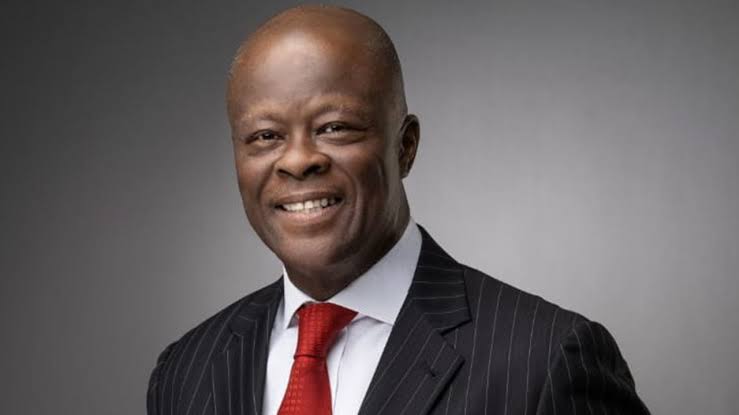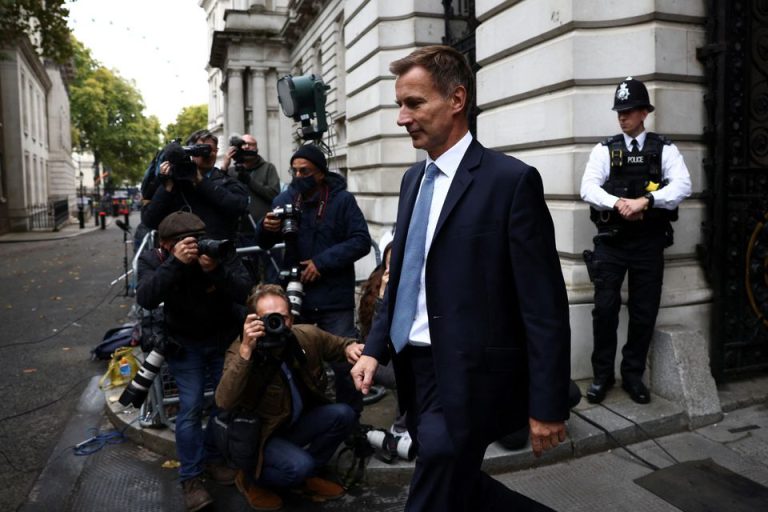President Bola Ahmed Tinubu has directed the Minister of Finance, Wale Edun, to analyze and provide figures on the proposed new national minimum wage by Wednesday.
Tinubu gave the order at a meeting with the government negotiation team led by the Secretary to Government of the Federation, George Akume, at the presidential villa in Abuja.
The Minister of Information and National Orientation, Mohammed Idris, disclosed this in an interview with correspondents after the closed-door meeting on Tuesday.
Idris said the President had a meeting with the representatives of the Federal Government in the negotiation with the labour on the minimum wage.
He noted, “The president has just summoned a meeting of all those who negotiated on behalf of the federal government led by the secretary to the government of the federation, the minister of finance was there, the minister of budget planning, the minister of information, the minister of budget and national planning, the minister of labour, and the NNPCL GMD.
“We were all there to look at all issues and the president has directed the minister of finance to do the numbers and get back to him between today and tomorrow so that we can have figures ready for negotiation with labour.”
Idris assured of the president’s readiness to accept the committee’s resolutions, noting that “The president is determined to go with what the committee has said, and he’s also looking at the welfare of Nigerians.
He said, “The president has just summoned a meeting of all those who negotiated on behalf of the federal government led by the secretary to the government of the federation, the minister of finance was there, the minister of budget planning, the minister of information, the minister of budget and national planning, the minister of labour, and the NNPCL GMD.
“We were all there to look at all issues and the president has directed the minister of finance to do the numbers and get back to him between today and tomorrow so that we can have figures ready for negotiation with labour.”
Idris assured of the president’s readiness to accept the committee’s resolutions, noting that “The president is determined to go with what the committee has said, and he’s also looking at the welfare of Nigerians.
“Government is not against or opponent of labour discussions, the government is not an opponent of wage increase but what is there is that government is always there to ensure that there is a balance between what government pronouncement is and what the realities are on the ground.
“And therefore, we will work assiduously to ensure that whatever promises the government makes are promises that will be kept. That is the idea of this meeting.”
Furthermore, he said President Tinubu had directed the government representatives to work collectively with the organised private sector and the sub-nationals to achieve a new affordable wage award for Nigerians.
Idris explained, “The President has given a matching order that all those who have negotiated on behalf of the federal government and all those who are representatives of organised private sectors, the sub nationals to come together to have a new wage award that is affordable, sustainable and that is also realistic for Nigerians.
“The wage award is not just that of the federal government as I mentioned earlier, the sub-nationals are involved, the organised private sector is involved; it was labour that stepped out during that procedure. Now we have come back to the negotiation table.”
The minister assured that all hands would be on deck to present a new minimum wage for Nigerians in one week.
“All of us will work together assiduously within the next one week to ensure that we have a new wage for Nigeria that is acceptable, sustainable and also realistic,” Idris said.
Other members of the team with organised labour include; Ministers of Finance, Budget, and National Planning, Labour, Information as well as the group Managing Director and chief executive officer of the Nigeria National Petroleum Company Limited.
Members of the organised labour comprising the Nigeria Labour Congress and Trade Union Congress, on Tuesday, suspended their strike for five days.









